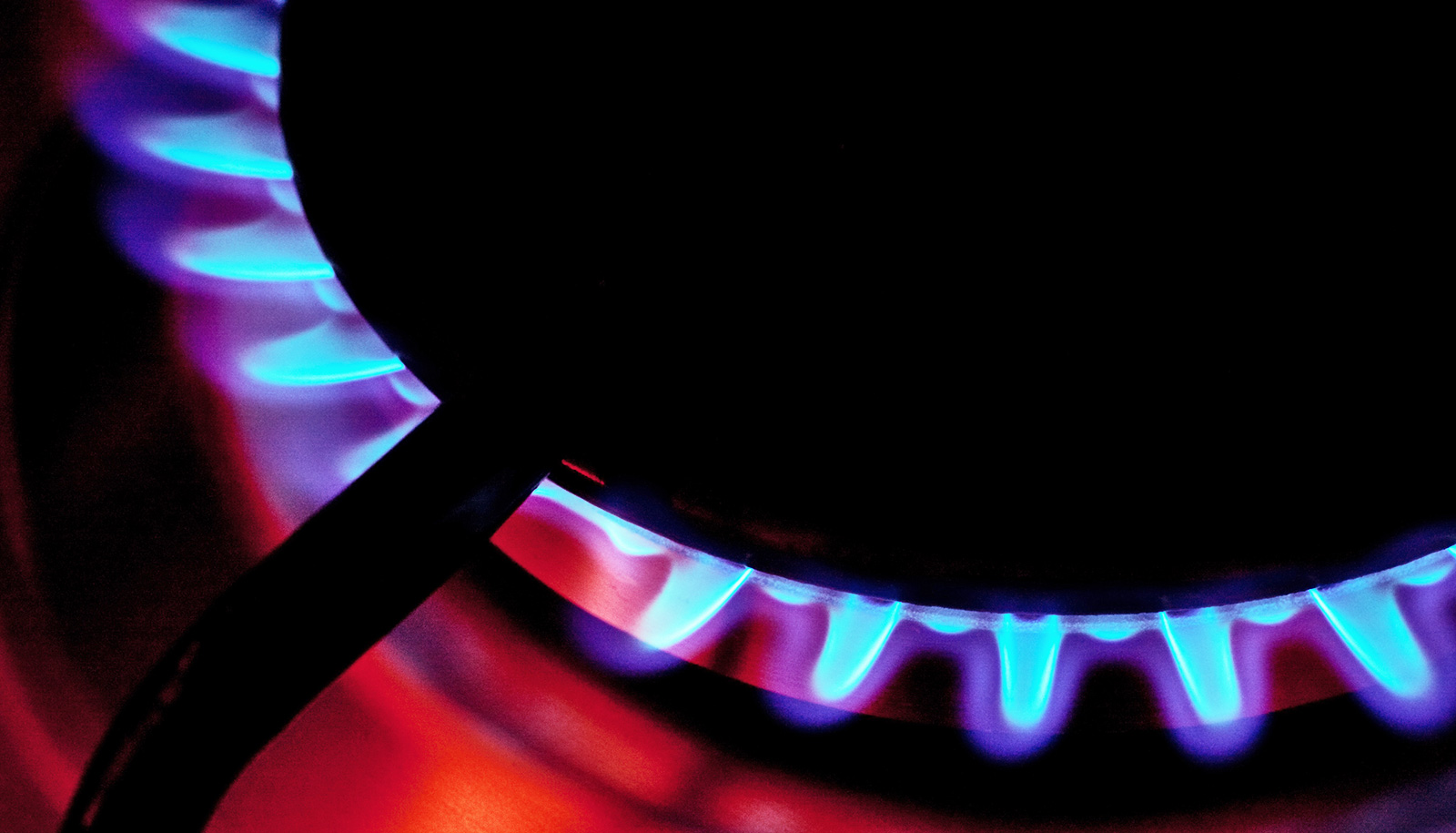
A public health expert says there are good reasons to switch from a gas stove to electric—but there are also safety steps you can take in the meantime.
Given a rash of recent headlines suggesting gas stoves could be bad for our health, should you be worried that cooking with them could be harmful?
The surprisingly emotional debate over gas stoves was sparked in part due to a 2022 study that found about 13% of childhood asthma cases in the US can be attributed to gas stove use, and because of a US Consumer Product Safety Commission official suggesting a ban on their sale.
Despite the agency later clarifying that it had no plans to prohibit them, conservative politicians, like Rick Perry, former Texas governor and energy secretary, were upset at the prospect of the “environmental woke crowd” coming for people’s stoves.
Culture wars aside, there are research-backed reasons to be aware of the potential hazards of gas stoves, for ourselves and for the environment. Jonathan Levy, a Boston University School of Public Health professor and chair of environmental health, studies indoor air pollution specifically related to gas stoves. He, as well as others, have found direct correlations between gas stoves and personal exposure to nitrogen dioxide, which is associated with more severe asthma and other respiratory issues.
Gas stoves also expose us to other hazardous air pollutants, according to Levy, including low levels of benzene, a cancer-causing agent. Although the federal government doesn’t have plans to ban them just yet, cities across the country have been eliminating natural gas hookups in new construction to lower greenhouse gas emissions, since gas stoves emit methane, a potent heat-trapping gas that dramatically fuels climate change.
But many of us have been using gas stoves for years, so is all the outrage and worry overblown? Yes and no.
Climate writer Emily Atkin calls gas stoves the “plastic straws of building emissions,” meaning that even though their overall impact is small—gas stoves account for less than 3% of household natural gas use—they provide a door to discuss larger problems.
Here, Levy digs into indoor air pollution, whether opening a window while cooking makes a difference, and the overdue attention gas stoves are receiving:
The post Time to get rid of your gas stove? appeared first on Futurity.
Author Profile
- "Center" Bias Rating
- Futurity is a nonprofit website that aggregates news articles about scientific research conducted at prominent universities in the United States, the United Kingdom, Canada, Europe, Asia, and Australia. It is hosted and edited by the University of Rochester.
Latest entries
 ScienceSeptember 18, 2024Breast milk antibodies protect against rotavirus
ScienceSeptember 18, 2024Breast milk antibodies protect against rotavirus ScienceSeptember 18, 2024Low levels of 1 mineral can make IBD worse
ScienceSeptember 18, 2024Low levels of 1 mineral can make IBD worse ScienceSeptember 17, 2024Nanoparticles deliver drugs to kill cancer cells in mice
ScienceSeptember 17, 2024Nanoparticles deliver drugs to kill cancer cells in mice ScienceSeptember 17, 2024Stretchy wearable device turns body heat into power
ScienceSeptember 17, 2024Stretchy wearable device turns body heat into power

